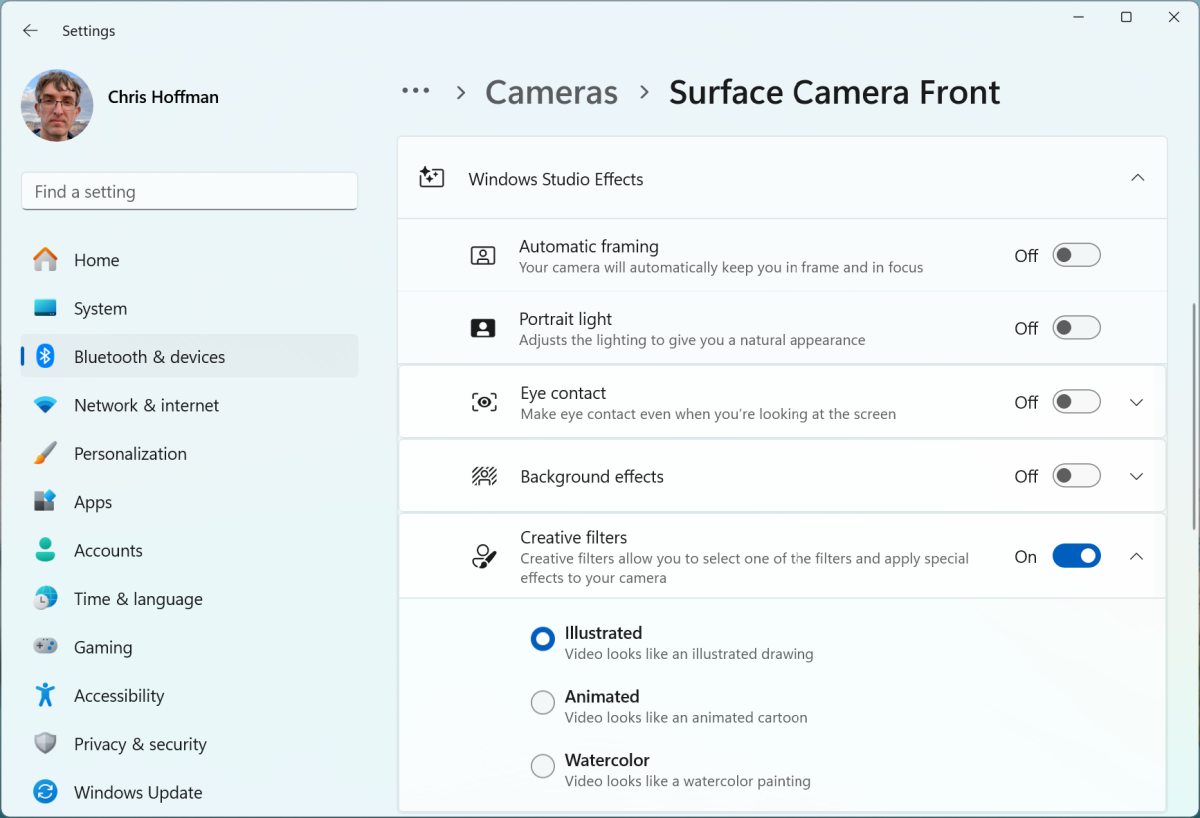## $3K PC, $0 Copilot? Microsoft, We’re Not Buying Your “Exclusivity” You just shelled out a small fortune for a beast of a gaming PC, thinking it was the key to unlocking the future of gaming with all the juicy AI features Microsoft is touting. But hold on, folks. Turns out, your top-tier rig might not be good enough for Copilot+, the latest and greatest in in-game AI assistance. That’s right, Microsoft is apparently gatekeeping its own tech behind a paywall AND hardware requirements. So, what gives? We’re diving deep into the PCWorld article that’s sparking outrage and asking the tough questions: is this just another case of Big Tech prioritizing profits over players, or is there a hidden reason behind this exclusivity? Get ready to rage, because we’re about to spill the tea on Microsoft’s Copilot+ controversy.
User Frustration: A Gamer’s Perspective

The recent rollout of Microsoft’s Copilot+ AI features has sparked a wave of frustration among PC gamers. While these features promise to revolutionize the gaming experience, their limited availability to only a select group of laptops has left many high-end PC owners feeling left out.

Investment Frustration: Spending Top Dollar for Limited Functionality
Gamers invest significant sums in their high-performance PCs, expecting the latest and greatest technology. To discover that their powerful machines are incapable of running advanced AI features like Copilot+ feels like a betrayal of that investment. It raises questions about the long-term value proposition of owning a top-tier gaming PC if it can’t keep pace with the evolving landscape of gaming AI.
The “Why Not?” Factor: Seemingly Obvious Potential Left Untapped
The core frustration stems from the perceived simplicity of unlocking AI capabilities on existing gaming PCs. Gamers are acutely aware of the processing power their machines possess. Why, then, are these features confined to a specific subset of laptops? The answer, according to Microsoft, lies in the specialized nature of AI processors (NPUs), which are designed for efficient AI processing. However, this explanation doesn’t fully address the concerns of gamers who feel their powerful GPUs are being underutilized.
The Future of Gaming AI: Will We Be Left Behind?
The Copilot+ situation presents a worrying trend for the future of gaming AI. If Microsoft continues to prioritize specific hardware platforms, it risks alienating a significant portion of the gaming community. Gamers may find themselves compelled to purchase new laptops solely to access these AI features, potentially creating a divide between those who can and cannot participate in the next generation of gaming.
Looking Ahead: The AI Evolution in Gaming
Despite the current limitations, the potential of AI in gaming is undeniable. Microsoft’s Copilot+ marks just the beginning of a larger trend towards incorporating AI into every aspect of the gaming experience.
The Promise of AI in Gaming: Personalized Experiences and Enhanced Gameplay
AI has the potential to transform gaming by creating more personalized and immersive experiences. Imagine AI-powered game assistants that learn your playstyle and offer tailored advice, or NPCs that exhibit realistic and unpredictable behavior, making each playthrough unique. AI can also streamline development processes, allowing for the creation of more complex and dynamic game worlds.
Beyond Copilot+: Exploring Other AI Innovations on the Horizon
While Copilot+ focuses on in-game assistance and customization, other AI innovations are poised to reshape the gaming landscape. For instance:
- Procedural Content Generation: AI can generate vast amounts of game content, from levels and quests to characters and storylines, ensuring endless replayability and variety.
- Real-Time Gameplay Analysis: AI can analyze your gameplay in real-time, providing insights into your strengths and weaknesses and suggesting strategies for improvement.
- Adaptive Difficulty: AI can adjust the game’s difficulty level based on your skill and experience, ensuring a challenging but fair experience for all players.
Calling on Microsoft: A Plea for Desktop AI Inclusion
Gamestanza understands the technical challenges involved in bringing AI features to desktop PCs. However, we believe that Microsoft has a responsibility to ensure that all gamers, regardless of their hardware platform, have access to the latest advancements in gaming AI. We urge Microsoft to explore alternative solutions, such as leveraging the power of existing GPUs, to make Copilot+ and future AI features available to desktop PC gamers.
Conclusion
So, there you have it. PCWorld lays bare the frustrating reality: dropping thousands on a powerful rig doesn’t guarantee access to the latest gaming bells and whistles. The article shines a light on the limitations of Microsoft’s Copilot+ features, highlighting how they seem inexplicably restricted to a select few, often leaving high-end PC gamers feeling left out in the cold. The argument boils down to this: if you’re investing heavily in hardware capable of handling the most demanding games, shouldn’t you also have access to the latest AI-powered enhancements?
This isn’t just a matter of frustration for gamers; it raises important questions about the future of gaming technology and accessibility. Are we heading towards a world where exclusive features are tied to specific hardware configurations or subscription tiers? Will the pursuit of cutting-edge AI advancements leave behind those who can’t afford the latest and greatest? The implications are far-reaching, potentially creating a divide between the “haves” and “have-nots” within the gaming community.
Microsoft’s Copilot+ saga is a stark reminder that the gaming landscape is constantly evolving, and what’s “future-proof” today may be obsolete tomorrow. It’s a call to action for both developers and consumers to engage in a critical dialogue about the direction of gaming technology and ensure that the future remains inclusive and accessible for all.